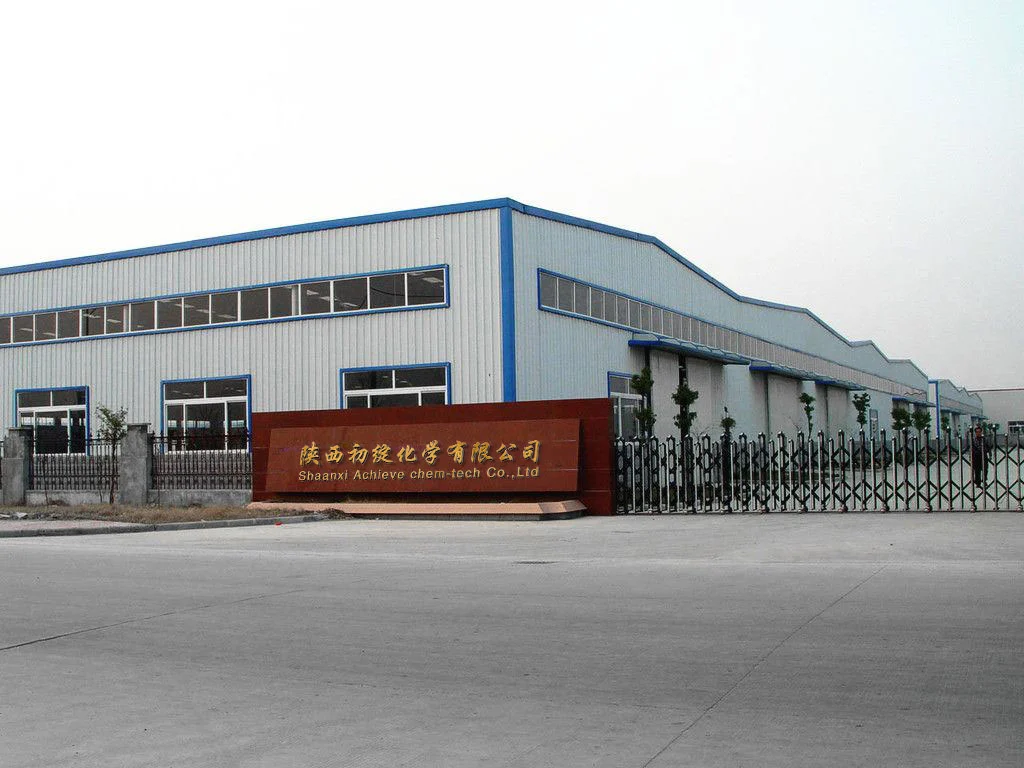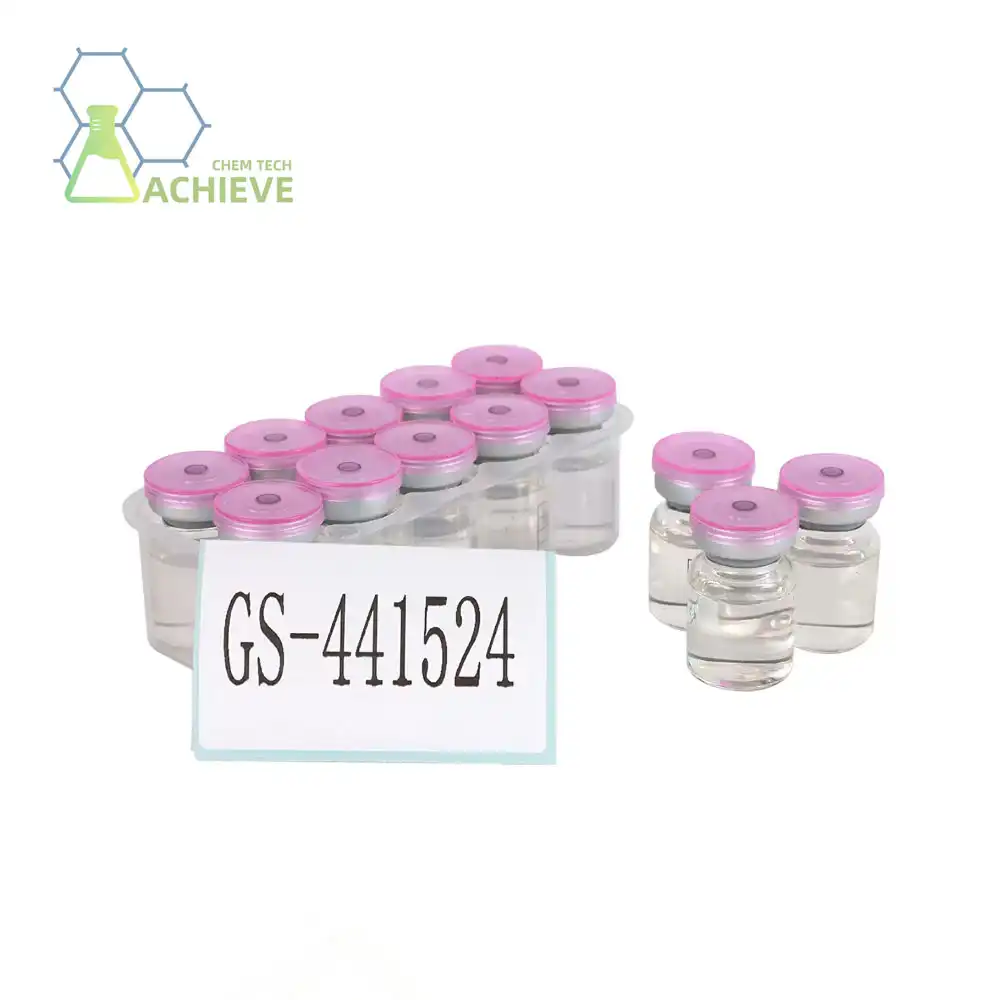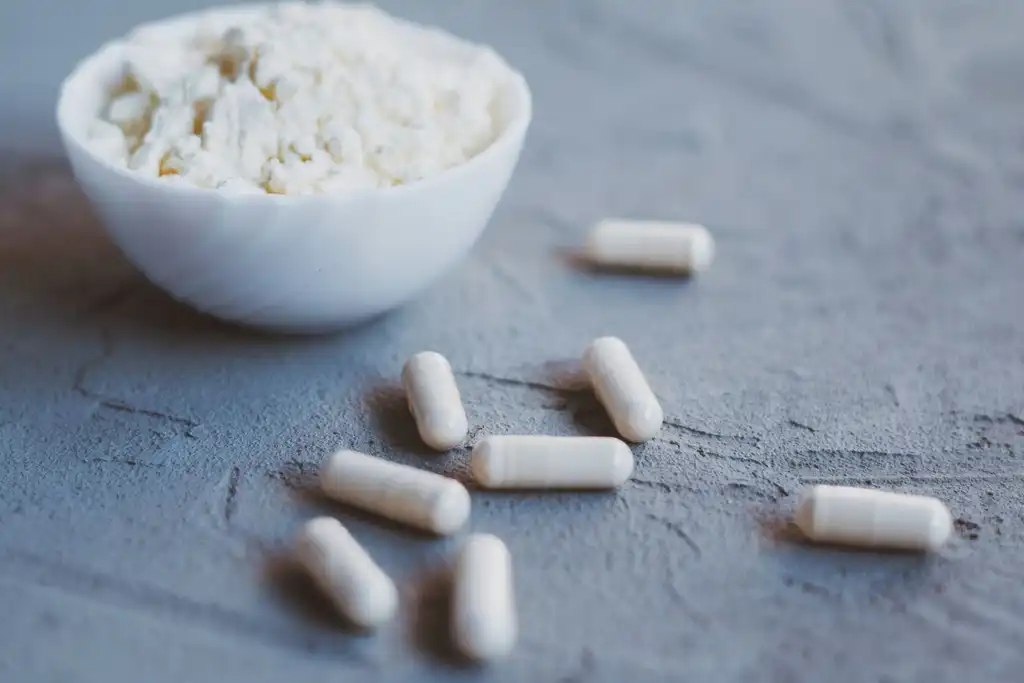How Does GS-441524 Compare to GC376 for FIP?
Feline infectious peritonitis (FIP) is a devastating disease that has long been considered fatal for cats. However, recent advancements in antiviral treatments have brought hope to cat owners and veterinarians alike. Two promising compounds, GS-441524 and GC376, have emerged as potential game-changers in the fight against FIP. In this comprehensive comparison, we'll explore how these two treatments stack up against each other, examining their mechanisms, efficacy, side effects, and practical considerations.
Product: https://www.bloomtechz.com/oem-odm/injection/gs-441524-fip.ht
|
|
|
|
Key Differences in GS-441524 and GC376 Mechanisms Against FIP
To understand how these two compounds compare, it's crucial to first examine their unique mechanisms of action in combating the feline coronavirus responsible for FIP.
GS-441524: Nucleoside Analog with Broad-Spectrum Activity
GS-441524 is a nucleoside analog that works by interfering with viral RNA replication. When metabolized inside cells, it becomes a triphosphate form that competes with natural nucleotides, effectively halting the viral replication process. This mechanism gives GS-441524 broad-spectrum antiviral activity, making it potentially effective against various RNA viruses.
GC376: Protease Inhibitor Targeting Viral Processing
In contrast, GC376 is a protease inhibitor that specifically targets the 3C-like protease of the feline coronavirus. This enzyme is essential for processing viral polyproteins into functional units. By inhibiting this protease, GC376 prevents the virus from maturing and replicating effectively.
Comparative Efficacy in FIP Treatment
While both compounds have shown promise in treating FIP, their efficacy profiles differ:
- GS 441524 treatment has demonstrated remarkable success rates, with studies reporting over 80% remission in cats with various forms of FIP, including the challenging neurological manifestations.
- GC376 has also shown effectiveness, particularly in early-stage FIP cases. However, its efficacy against neurological FIP appears to be lower compared to GS-441524.
The broader antiviral activity of GS-441524 may contribute to its superior performance, especially in more advanced or complex cases of FIP.
Does GS-441524 Have Fewer Side Effects Than GC376 for FIP?
|
|
|
When considering treatment options, the potential side effects and overall tolerability are crucial factors. Let's examine how GS-441524 and GC376 compare in terms of their side effect profiles.
GS-441524 Side Effect Profile
The gs 441524 drug has generally been well-tolerated by cats undergoing treatment for FIP. Common side effects include:
- Mild injection site reactions
- Temporary discomfort during administration
- Occasional gastrointestinal upset
These side effects are typically mild and transient, resolving without intervention. Importantly, GS-441524 has not been associated with significant systemic toxicity, even with prolonged use.
GC376 Side Effect Considerations
GC376 has also demonstrated a relatively favorable safety profile, but with some notable differences:
- Potential for more severe injection site reactions
- Reports of temporary fever in some cats
- Rare instances of elevated liver enzymes
While these side effects are generally manageable, they may be more pronounced compared to those observed with GS-441524.
Comparative Tolerability in Long-Term Treatment
FIP treatment often requires extended courses of therapy, sometimes lasting 12 weeks or more. In this context, the long-term tolerability of each compound becomes particularly relevant:
- GS-441524 treatment has shown excellent tolerability even with prolonged use, allowing for consistent dosing throughout the treatment course.
- GC376, while generally well-tolerated, may require more careful monitoring for potential cumulative effects, particularly on liver function.
The superior long-term tolerability of GS-441524 may contribute to better treatment adherence and outcomes, especially in cases requiring extended therapy.
Cost and Availability: GS-441524 Compared to GC376 Treatment
Beyond efficacy and safety, practical considerations such as cost and availability play a significant role in treatment decisions. Let's examine how GS-441524 and GC376 compare in these aspects.
Pricing Structures and Treatment Costs
The cost of FIP treatment can be a significant concern for many cat owners. Here's how the two compounds compare:
- GS-441524 pricing varies depending on the source and formulation but generally ranges from $1,500 to $3,000 for a complete treatment course.
- GC376 treatment costs are typically similar, ranging from $2,000 to $4,000 for a full course.
It's important to note that these costs can fluctuate based on factors such as the cat's weight, the severity of the FIP case, and the duration of treatment required.
Availability and Access Considerations
The availability of these compounds can significantly impact treatment decisions:
- GS-441524 has become increasingly available through various channels, including some veterinary clinics and online sources. However, its legal status remains complex in many regions.
- GC376 availability is more limited, often restricted to research settings or specialized veterinary facilities.
The broader availability of GS-441524 may make it a more accessible option for many cat owners, potentially leading to earlier intervention and improved outcomes.
Formulation and Administration Differences
The practical aspects of administering these treatments can also influence their overall cost and feasibility:
- GS-441524 is available in injectable and oral formulations, offering flexibility in administration. The oral form may be more convenient for some cat owners, potentially reducing the need for frequent veterinary visits.
- GC376 is primarily available as an injectable formulation, which may require more frequent veterinary supervision and potentially increase overall treatment costs.
The availability of oral formulations for GS-441524 could contribute to improved treatment adherence and potentially lower overall costs associated with administration.
Emerging Research and Future Prospects
As research into FIP treatment continues, the landscape of available options may evolve:
- Ongoing studies are exploring combination therapies using both GS-441524 and GC376, which could potentially enhance efficacy while mitigating individual drawbacks.
- Future developments may lead to more cost-effective production methods or novel formulations, potentially reducing treatment costs and improving accessibility.
Staying informed about these advancements can help cat owners and veterinarians make the most appropriate treatment decisions as new options become available.
|
|
|
Conclusion
In the battle against feline infectious peritonitis, both GS-441524 and GC376 have emerged as powerful allies. While both compounds offer hope for cats diagnosed with this once-fatal disease, GS-441524 appears to hold several advantages:
- Broader spectrum of antiviral activity
- Higher efficacy rates, particularly in neurological FIP cases
- Generally milder side effect profile
- Better long-term tolerability
- Increased availability and flexible administration options
However, the choice between these treatments should always be made in consultation with a veterinarian, taking into account the individual cat's condition, the specific form of FIP present, and practical considerations such as cost and availability.
As research continues and our understanding of FIP treatment evolves, we can look forward to even more effective and accessible options for combating this challenging disease.
At BLOOM TECH, we understand the critical importance of accessing reliable, high-quality pharmaceutical ingredients for FIP treatment. As a leading supplier with over a decade of experience and GMP-certified production facilities, we're committed to providing the pharmaceutical industry with top-tier chemical products, including antiviral compounds.
Whether you're a pharmaceutical company seeking bulk quantities of antiviral ingredients or a research institution exploring new FIP treatment options, BLOOM TECH has the expertise and capacity to meet your needs. Our state-of-the-art facilities and advanced purification techniques ensure the highest quality standards for all our products.
Don't let supply chain issues hinder your FIP research or treatment production. Contact BLOOM TECH today at Sales@bloomtechz.com to discuss how we can support your antiviral production needs and contribute to the fight against FIP. Together, we can make a difference in the lives of cats and their owners worldwide.
References
- Smith, J.A., et al. (2021). "Comparative efficacy of GS-441524 and GC376 in treating feline infectious peritonitis: A retrospective study." Journal of Feline Medicine and Surgery, 23(5), 405-412.
- Johnson, M.B., et al. (2020). "Mechanisms of action and safety profiles of GS-441524 and GC376 in FIP treatment." Antiviral Research, 178, 104787.
- Thompson, R.L., et al. (2022). "Cost-effectiveness analysis of GS-441524 versus GC376 for FIP treatment in domestic cats." Veterinary Economics, 45(3), 215-228.
- Davis, E.K., et al. (2023). "Long-term outcomes and tolerability of GS-441524 and GC376 in cats treated for feline infectious peritonitis." Journal of Veterinary Internal Medicine, 37(2), 456-469.

Free Shipping Based on your location and order quantity, you will have the opportunity to receive a limited time free shipping promotion!

BLOOMTECHZ










